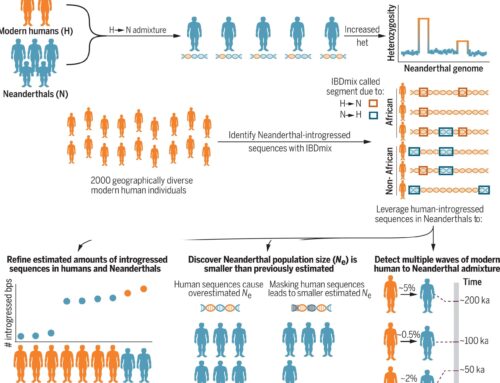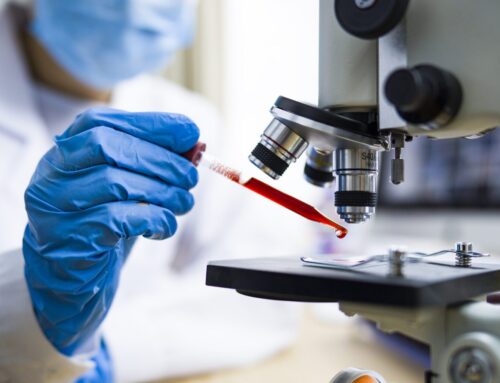
Excerpted from National Geography article
Whether it’s called a gut instinct, a sixth sense, or a strong hunch, new research is supporting a process that blends rapid judgments and perceptions that occur outside of conscious awareness—a way of knowing something without knowing how you know it. The value of clinical intuition in medicine is now being studied and becoming particularly relevant as interest grows in developing artificial intelligence systems that can analyze medical data to diagnose or treat patients.
A study in a 2023 issue of the Journal of Clinical Medicine found that clinical intuition from physiotherapists on the prognosis for functional recovery among patients experiencing whiplash-related disorders was closely associated with the course of recovery after their accidents. Another study in a 2023 issue of the Journal of the American College of Surgeons concluded that compared to relying only on clinical data (such as a patient’s comorbidities and risk factors), “preoperative surgeon intuition alone is an independent predictor of patient outcomes.”
“This is a cognitive process. Clinical intuition is about expertise, knowledge, and pattern recognition that accumulate through experience. The mind is putting together all kinds of information and sequencing it in ways that say this person is really sick—or not,” says Meredith Vanstone, an associate professor in the department of family medicine in McMaster University in Hamilton, Ontario, who has done research on clinical intuition.
Given the depth of this cognitive process, some experts are skeptical that AI technology can make medical decisions as well as a human physician. “As physicians go through years of interactions with patients and seeing thousands of cases, those gut feelings become a sort of summary statement of all the experiences they’ve seen,” says Mohammad Ghassemi, who does research on medical decision-making and the use of artificial intelligence for health at Michigan State University. “Clinicians can observe different things that are not always captured or made available by machines.” These details might incorporate how the patient looks and acts, including the person’s posture, facial expressions, and verbal responses to questions.
(See earlier article from LA Times, 2012)
How doctors use clinical intuition
Granted, some health professionals use intuition more often than others do. In a study in Health Psychology and Behavioral Medicine, researchers found that physicians and nurses practicing in a medical specialty involving a high likelihood of an emergency or dimensions of complexity (such as anesthesiology, obstetrics, neurology, and intensive care) are more likely to use intuitive decision-making in their practice.
“As surgeons, we say the first thing we need to do is look at the patient because the structured data may not be consistent with what we see with the patient,” says Gabriel Brat, a trauma surgeon, surgical intensivist and informatics professor at Harvard Medical School. “My ability to do this comes from many years of evaluating patients and developing an internal reference for how someone with a certain disease state looks.”
In a study involving 30 physicians in emergency, internal, and family medicine, Vanstone and her colleagues interviewed the participants about how they work with intuition in their clinical practice. The research team found that experienced physicians have many example stories of “diagnostic intuition that alerted them to unusual diagnoses, previous diagnostic error, or deleterious trajectories.”
“In emergency medicine, intuition is an extremely important part of what we do because we’re asked to make decisions rapidly with little available information,” says Jeffrey A. Kline, an emergency medicine physician at Wayne State University School of Medicine in Detroit. “Intuition is a big part of deciding when it’s necessary to order diagnostic tests, especially imaging tests.”
Supporting Kline’s perspective is a study from PLoS One that found that clinical intuition from nurses and physicians about the chances that older patients visiting emergency departments would die or have other adverse outcomes within 30 days was highly accurate. And when the patients agreed with the intuitive judgment, their likelihood of getting an accurate diagnosis improved. Meanwhile, research suggests that gut feelings from patients about what’s wrong with them is useful information for primary care physicians to consider when it comes to making decisions about their care.



